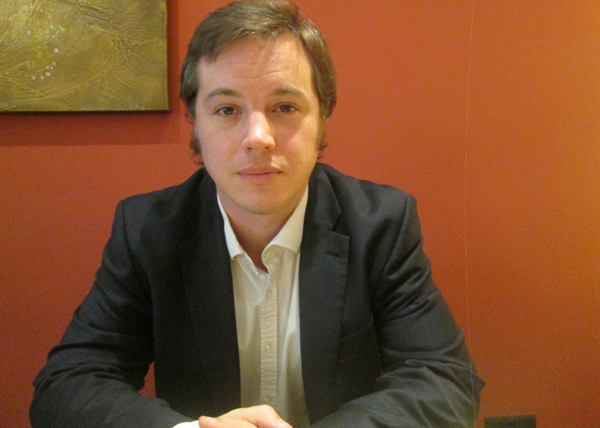Eastern Partnership programs are still underway
Restrictions for national minorities in Belarus and Azerbaijan are quite big. Representatives of national minorities in these countries are often connected with the governments. These are the results of the studies conducted by the Eastern Partnership Minorities Network. In 2011, five organizations: the International organization for the Rights of Minorities and four regional organizations in Armenia, Georgia and Ukraine, in the framework of the Eastern Partnership, launched a program that aims at dealing with protections of the rights of national minorities. Program implementation was based on previously conducted researches in the region.
In the Eastern Partnership countries being in transition period, or as it is accepted to say, in the new phase of democracy, it is very important for the public voice be heard. A society, which also constitutes the national minority groups. The goal of the program is to make the latter active participants in the development processes of civil society and actively involve them in various programs. Studies showed that ethnic minority societies have more limited opportunities to work to demonstrate their abilities in this-or-that sphere. The project aims to strengthen these organizations and in close cooperation with international organizations to engage them in the establishment of civil society. In 2013, the five founding organizations received the EU support to develop the program for three years.
Neil Clark, Managing Director of Minority Rights Group Europe, in the conversation with “Aravot”, said that the network has been officially opened in Tbilisi. Soon, the website will also begin operating. The network includes 80 members, 10 of them from Armenia. Next year, it is expected to have 200 members joining the network. “Our goal is to strengthen the human rights for minorities, to create a stronger minority community at the government level, ethnic minorities and government dimension. Then, to transfer this connection also to the international level. To create a sustainable civil society with minority communities and organizations, to advance these organizations in the public sector,” said our interlocutor.
Followed by the results of the earlier studies, the situation by the countries is varied. The difference is available also in the legal system and real life. Georgia’s legal system is very wide and there is a very deep process, for example, different consultations with ethnic minority groups. But after the 2008 Russo-Georgian war and tensions, there are quite a lot of problems observed in the ethnic field, including granting autonomy to ethnic minorities. Minorities are often encounter restrictions of speech. “Thus, we can conclude that the real life is far different from legal system,” concludes Neil Clark.
In Armenia, the legal system is much simpler and much more specific. But the rights of ethnic minorities in Armenia are much more. In Ukraine, the legal system is quite weak, and on the background of the recent conflict processes, the situation has been further aggravated. Previously, though the system was weak, but the national minorities were given the right to speak. Now, the restrictions are essential.
To the question of “Aravot” of how we should try to establish a better situation for the ethnic minorities in given country, when it is obvious that, let’s say, the governments of Belarus and Azerbaijan, at least at this point are not ready for such steps, our interlocutor responded, “It is not so that the governments of Azerbaijan and Belarus are reluctant to support the ethnic minorities. Simply, at this moment, these rights are limited. Making amendments is a long process. For the beginning, we try to ensure a dialogue between the government of given country and the national minority communities. Our goal is to show and tell about when and how to use such opportunities. For this reason, we also are using the international platforms. As a representative of a minority wants to voice his concerns and the government refuses, they can apply to international platforms: the EU, the UN, and the dialogue is ensured directly or indirectly. It’s hard to say what changes would happen three years later, after the completion of the program, but we hope that they, nevertheless, will happen.”
We inquired whether the network has tried to have a role in preventing genocide of the Yezidis in Northern Iraq. Our interlocutor informed that the International Organization of Minority Rights operates in Iraq and the Middle East, too. One of the founder organizations of the network that operates in Georgia is implementing programs trying to help the Yezidis in Georgia and the Yezidi refugees. Last month, a conference was organized in Georgia, which was attended by the Turkish delegation. “We tried to provide a dialogue between the refugees and ethnic minority organizations,” detailed Neil Clark, adding that such events would be continual. In fact, Armenia’s Yezidis organization is presented at the Eastern Partnership Civil Society Platform. “It means that refugee Yezidis will have a direct access and contact with the EU. And the EU is one of the main organizations providing support to Yezidi refugees,” noted our interlocutor.
Nelly GRIGORYAN






















































